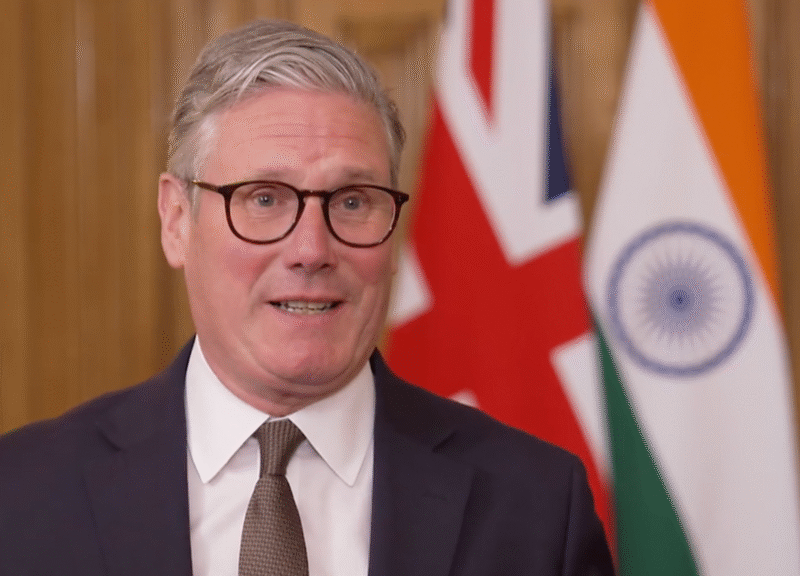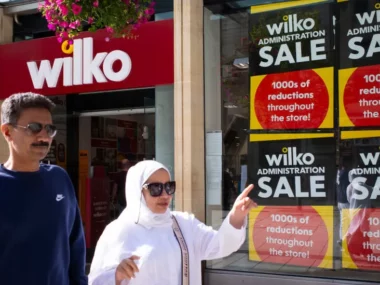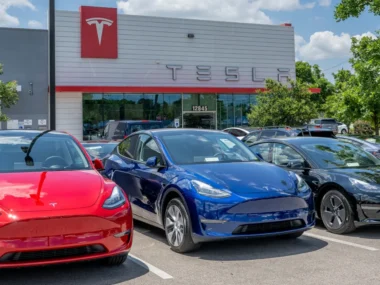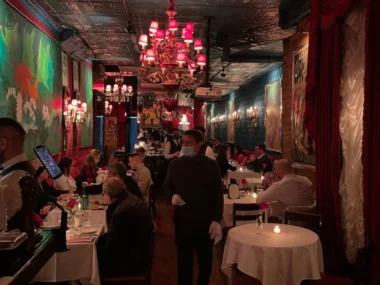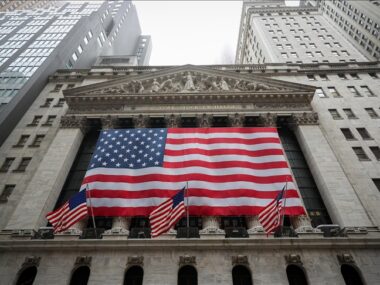The UK and India have finalized a trade agreement aimed at easing exports for UK products like whisky, cars, and other goods to India, while reducing taxes on Indian clothing and footwear exports.
According to the British government, the deal—negotiated over three years—does not alter immigration rules, including those concerning Indian students in the UK.
Prime Minister Sir Keir Starmer stated that the agreement would stimulate economic growth and benefit both citizens and businesses. In 2023, UK-India trade reached £42.6 billion and was projected to grow even before the deal. The government expects the agreement to further raise trade by £25.5 billion annually by 2040. Indian Prime Minister Narendra Modi praised the deal as a historic and ambitious step forward for both nations.
Once enacted—potentially within a year—the agreement is expected to cut import tariffs on Indian goods such as clothing, footwear, jewellery, frozen prawns, and certain foods. UK exporters will also benefit from lower duties on products like gin, whisky, aerospace parts, cosmetics, lamb, salmon, chocolates, and luxury cars.
Labelled the most significant bilateral trade pact since Brexit, the UK government said it will boost exports, jobs, and investment. For example, whisky tariffs will be halved to 75%, with more reductions later, while tariffs on high-end UK-made cars will drop from 100% to 10%, with export limits.
The deal also opens up public procurement and service sector opportunities for UK firms and includes a three-year social security exemption for Indian and British employees temporarily working in each other’s countries. These workers will contribute only in their home countries, mirroring arrangements the UK has with 17 other nations.
However, political criticism has emerged. Opposition leader Kemi Badenoch called it a “two-tier” system under Labour, and Shadow Trade Secretary Andrew Griffith said Labour’s negotiations lead to losses for Britain. Liberal Democrat Daisy Cooper raised concerns about tax rules for Indian workers in the UK and called for parliamentary scrutiny of the deal.
The government responded by assuring that NHS funding remains unaffected, as Indian workers in the UK will still pay the immigration health surcharge.

UK Business Secretary Jonathan Reynolds and India’s Commerce and Industry Minister Piyush Goyal concluded the agreement during a meeting in London last week.
India, now the world’s fifth-largest economy, is projected to rise to third place within a few years—making it an increasingly attractive trade partner for the UK, which ranks sixth globally.
The UK is also a strategic trade focus for Prime Minister Modi’s administration, which aims to grow India’s exports to $1 trillion by 2030.
This agreement marks a significant win for free trade, especially at a time when former US President Donald Trump’s tariff policies had cast doubt on global trade stability and heightened concerns about retaliatory measures.
That backdrop likely added urgency to finalizing this deal.
Rain Newton-Smith, CEO of the business group CBI, praised the agreement as a “beacon of hope” amid growing global protectionism, noting the wide range of opportunities for UK firms in India.
Allie Renison of SEC Newgate, a former government trade adviser, described the deal as potentially “transformational” given India’s large economy, rapid growth, and the traditionally high barriers to market entry.

